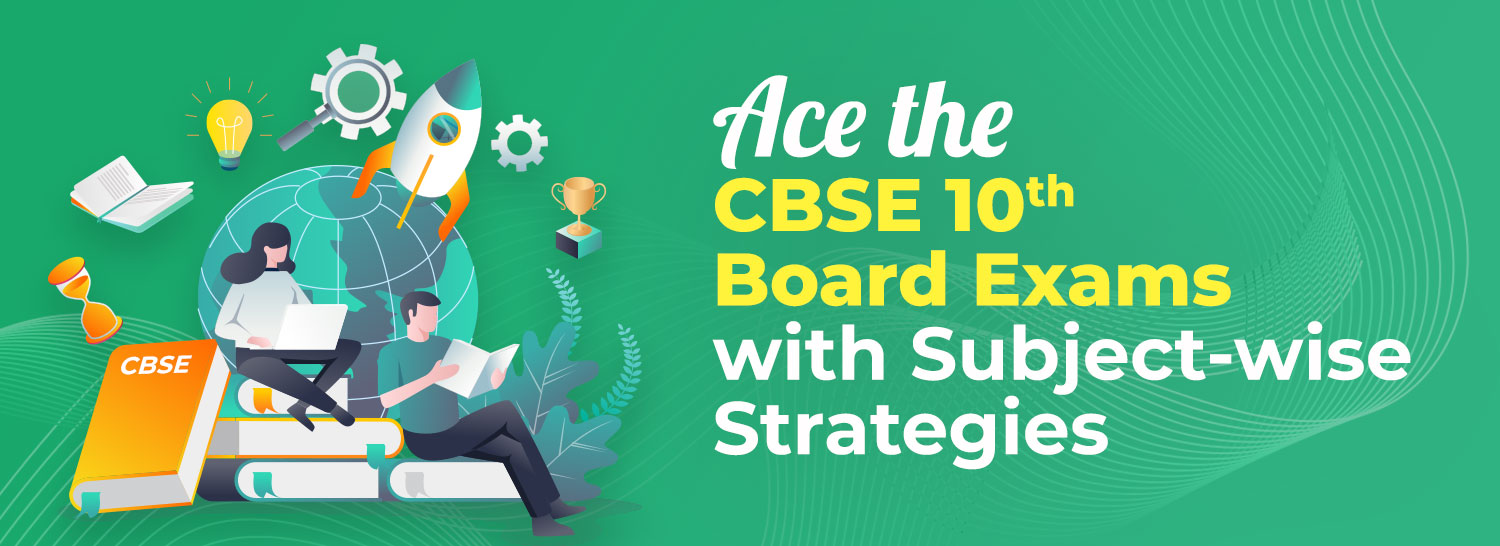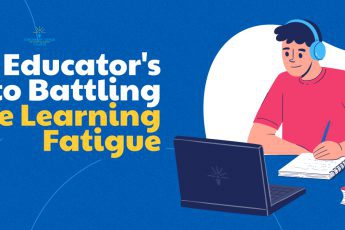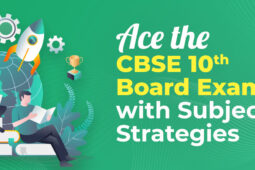Ace the CBSE 10th Board Exams with Subject-wise Strategies
Class 10 Boards are a crucial time for all, and if you are one of the lots, by now, you’re well-prepared. However, it’s a good idea to strategically review what you’ve done and prepare up further for the big day. This will help you create subject-wise strategies to reinforce your prep. Here are some subject-wise CBSE 10th Board exam preparation tips to ease last-minute stress and anxiety.
Maths

This is the most feared subject by many, and it is quite challenging, but it is also the most scoring one. And, with consistent practise and smart strategy, it is easy to navigate it. These subjects test your conceptual knowledge, so focus on gaining complete conceptual clarity. Practice and solve questions, especially from the NCERT book. The more you practise, the more your understanding of theorems, rules, and formulae will be reinforced. Practise algebra, geometry, and mensuration, as these topics carry high weightage in the exam. Practise with sample papers and solve previous year’s papers to become thorough with the paper pattern and structure. Managing your study time as per each chapter’s weightage is very helpful in streamlining your studies. Also, it’s a good idea to create a separate notebook for theorems and formulae for revision.
Science

Next is the subject of science, comprising Physics, Chemistry and Biology. This subject is all about logical thinking, rationalization, and critical analysis. The curriculum is vast, and you must have a clear understanding of theories and practical application. Here, it is imperative to remember complex concepts and formulae. However, avoid rote learning at all costs and instead, focus on understanding concepts. Connecting concepts to real-life examples makes it easy to remember and recall them. So, try doing this to comprehend these complicated concepts. Create short summaries of formulae, concepts, and definitions to revise. Creating and studying from your own notes is one of the best Class 10 study strategies. Diagrams and practical are integral to Biology and Chemistry, so focus on these. These will help you score in the practicals. In Physics, practice numerical, get a hold on compound conversions, and focus on topics such as Force, Motion and Work, as these are of prime importance.
Social Sciences

History, Civics, Geography, and Economics make up the Social Sciences. These are theory-based subjects, so you must be prepared to write long answers. The easy way to remember long passages is to create bullet points, which help you break the content. This makes it easy to understand it. In History, you can create reference tables for important dates and rulers’ names, which you can refer to while revising. In Geography as well as History, mark maps and use the method of labelling. This aids in remembering locations and historical events. In this subject too, you can relate concepts to real-life scenarios to understand them better. You can use different methods to learn and remember, such as flowcharts, mnemonic devices, and others. These will help you comprehend and retain what you’re learning, better. Also, focus on short questions first and then move on to the longer ones.
Languages

Languages have the power to bring down our scores drastically if left unattended. The majority overlook and undermine the importance of languages, which results in hindering their overall scores on the exam. So, do put in equal efforts to polish up on these. As we know, these comprise English and Hindi, which are descriptive in nature. Hence, you have a blend of grammar, comprehension, reading, and the study of literature. For English, read books, newspapers, magazines, to enhance your vocabulary and comprehension, as well as your writing style. Practising writing letters and essays will help in proper sentence construction, fluidity of the text and, of course, grammar. This activity will also help you complete your answers on time. Because, time is a big constraint, and many students struggle to complete long answers. Also, you must know your literature as you get all your content and analytical questions based on it. The same goes for Hindi but do memorise poems and understand their meanings to be able to answer related questions.
While we have given you subject-wise study tips, there are some others that you do need to follow as well.
- Study hard, but not for long excruciating hours.
- Revise and practise regularly, as these are the keys to excellence.
- Refer to good study material and focus on the NCERT books.
- Get any/all doubts cleared at the earliest by your teachers.
- Solve previous years’ papers, as these will acquaint you with the exam and paper structure.
- Stay away from distractions such as social media, television, streaming platforms, gaming, and others.
- Eat nutritious meals, drink enough H2O and get enough sleep.
- Indulge in some fun and leisure activities, and spend time with your friends and family, as this will help you stay destressed and refreshed.
- Most importantly, stay positive and motivated.
Class 10 Boards need not be so daunting and overwhelming if you plan your studies well. Also, you can also enrol into a CBSE 10th online class, where the expert faculty will be there to mentor and guide you. TG Campus has a great online course for Maths and Science that’s comprehensive and intense. Besides, the online learning platform also has CBSE 10th question papers that come with solutions and are easy to download. Navigating and facing the Class 10 Board exam is easy with the right attitude and approach.














